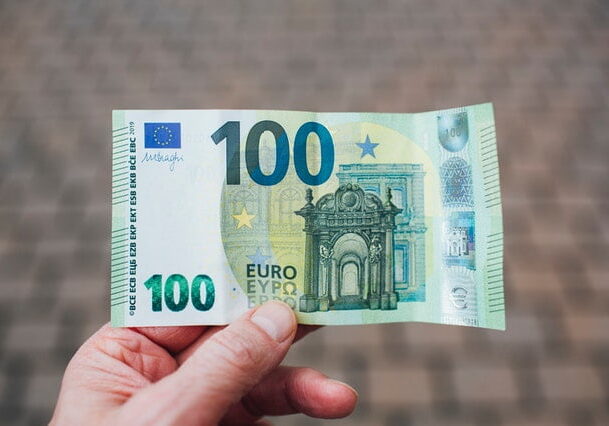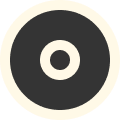Active Monetisation Part 1/2

By “active monetization” of a website, we at Webentertainer understand that the website visitor must clearly decide to buy a product or service. These are online stores, paid downloads or donation appeals, where the customer has to use his credit card or another payment method.
Options for active monetization
There are various ways to actively monetize a website. For example, you can add an online store to the existing website. In this shop you can advertise and sell your products online 24 hours a day, which you normally sell only in the store.
Sell services and digital products in your online store or website
If you have a product or service that needs a lot of explanation, you can also offer an e-book or other download that the website visitor can download for a corresponding payment.
Collect donations through your website
If you are an association and you are looking for money for a social project, you can also collect donations through your website. This can be done with a variable price field, in which the website visitor can enter or select the amount he wants to donate.
The way you stage active monetization can vary. However, we at Webentertainer recommend creating so-called landing pages for individual products that you want to sell. In a normal online store there is a relatively established process:
Visible page => Product single page => Shopping cart => Data entry => Payment option.
Landing page
As you can see, this is a relatively long path. You should use this only if you have an online store with many products and it is possible that a user wants to buy multiple products. However, if you only have a single product (whether physical or digital) that you promote on your website, then so-called landing pages are suitable for promoting such a product. The main feature of landing pages is that they do not have a website navigation and actually only have information about the product. Further, it is characteristic that (in order to buy the product) one is not redirected, but directly below the information there is a field for credit card information. Such pages are very often used in connection with paid advertising, such as Facebook or Google advertising. This is the beginning of a small online marketing funnel.
Content marketing in various forms
Content marketing is the art of using content to generate reach on Google, Facebook and all other social media platforms.…
Read MorePaid advertising (social media/search engines)
Paid online advertising – pull advertising and push advertising Billboard advertising, as it has existed for ages, would be called…
Read MoreE-Mail Module for SEO outreach and WooCommerce workflows
What problems does the WordPress module solve? Simpler, reduced, unified backend UX for new and existing website which generates a…
Read MoreWhat to automate & what not to automate?
Small businesses in particular should urgently automate parts of their day-to-day operations in order to have more capacity to serve…
Read MoreWhich media/channels are suitable for SEO?
As already described in the last post, there are also different media for content marketing. The big three media are…
Read MorePlans & pricing
Stay cool, we have a 48-hour money back guarantee!






